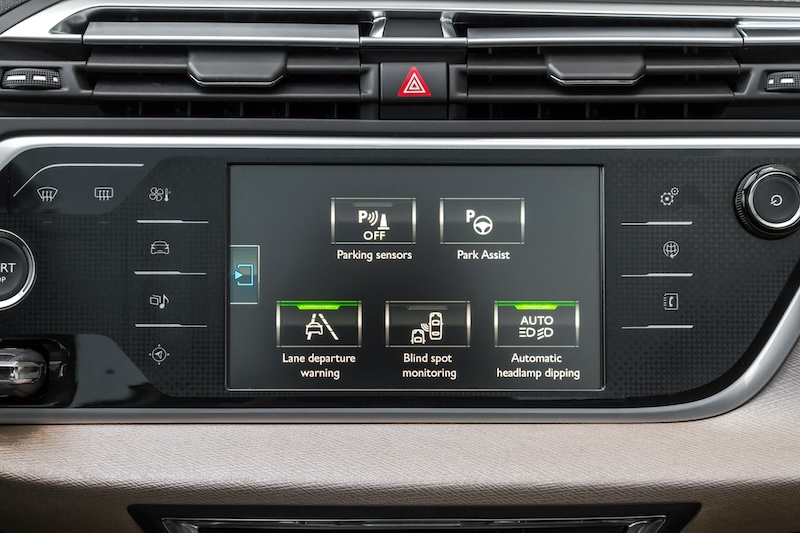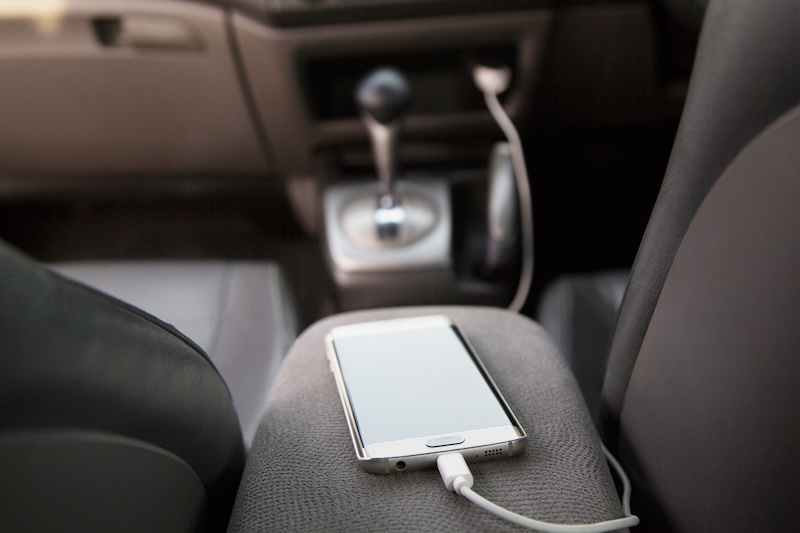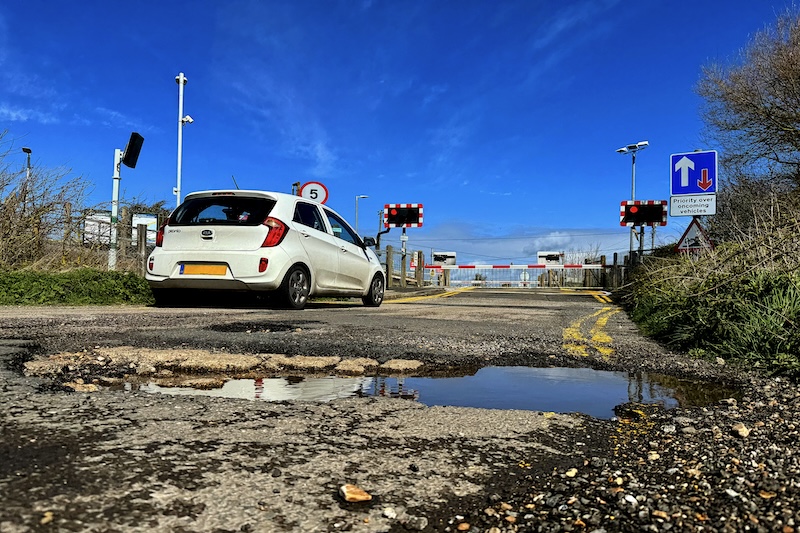Will driving after a weather warning affect my car insurance?

Could driving during snow, ice, wind, rain or fog following a weather warning invalidate your car insurance if you need to make a claim?
Luckily, leading insurers have released fresh advice to help us know where we stand this winter, in response to growing social media speculation.
What are the Met Office weather warnings?
The Met Office issues weather warnings indicating the impact that severe weather might have on our journeys.
This includes delays on the road and danger to life, together with damage to property and loss of water supplies. They’re colour coded and graded as yellow, amber and red:
Yellow warning: The weather may have a low-level impact: read the advice carefully.
Amber warning: There’s an increased likelihood of impact from severe weather which may affect your plans. Consider changing them if possible to protect yourself and your property.
Red warning: Dangerous weather is expected, posing a potential risk to life. Travel should be avoided where possible.
Could driving in bad weather invalidate your car insurance?
While severe weather presents challenges for drivers, and Met Office warnings should always be considered, some recent social media posts have suggested that ignoring them can invalidate your car insurance.
But Malcolm Tarling, from the Association of British Insurers (ABI) has put these false claims to bed. “Social media claims that motor insurance will be invalid if people drive during a red warning are not true,” he confirmed.
“Motor insurance will cover you in the usual way, provided you are driving within the law.”
Mr Tarling added that drivers should always take note of Met Office warnings and pay close attention to advice issued by local authorities and emergency services in areas affected by extreme weather.
Never take undue risks
Other insurance experts have waded in on the issue of bad weather and road cover.
In an interview with the Scottish Sun, Kevin Pratt, consumer affairs expert at MoneySuperMarket, said: “Simply knowing you’re going to get a pay-out shouldn’t mean you take undue risks.
“If your insurance company can prove contributory negligence on your part, your claim might be questioned, and any pay-out reduced.
“For example, if you drove into a swollen ford where there was a warning in place and your car stalled and was ruined by water, your claim might not be paid.”
Mr Pratt even warned this could extend to breakdown cover – claiming you might not necessarily be entitled to recovery by your roadside rescue policy if you’ve recklessly driven yourself into trouble.


